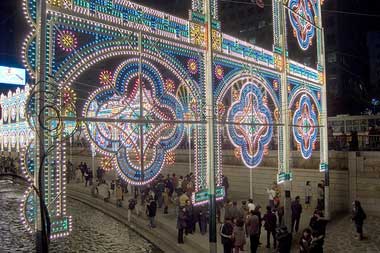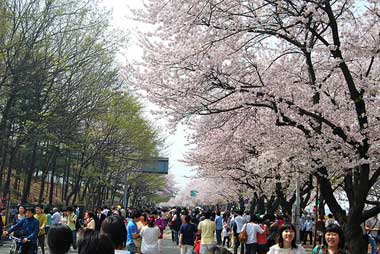Yahoo withdraws from South Korea
After 15 years of presence within the country, Search Engine giant Yahoo officially withdrew from South Korea on December 31st last year.
A notification of the site's shutdown greeted users as they logged on to the page. This was a significant move as it is the first time the search engine giant has had to withdraw from an Asian country.
The move is a result of Yahoo! CEO and President, Marissa Mayer's, shift away from conventional SEO and search, in an initiative to push forward with mobile offerings – which she believes is more capable to help capitalise on the firm's existing strengths.
Mayer stated that the decision to withdraw from Korea was part of the firm's efforts to, "streamline operations and focus our resources on building a stronger global business that's set up for long-term growth and success."
It became difficult for Yahoo to compete against rival firms such as NHN Corp. and Daum Communications Corp., with those companies responsible for two of Korea's most visited websites – Naver.com and Daum.net. Actually, Yahoo had been struggling prior to the announcement of its withdrawal from the country, seeing its share of the search engine market in South Korea drop to just 1%.
Approximately 200 employees worked at the South Korean unit, mostly on editorial content and advertisement.
Other brands such as HTC and Motorola have also struggled in South Korea while facing competition from the country's own LG and Samsung brands.
Despite the firm's struggle in South Korea, Yahoo! still has around 700 million users around the globe visiting its website each month. Likewise, the search engine still ranks top globally as an Internet destination.




